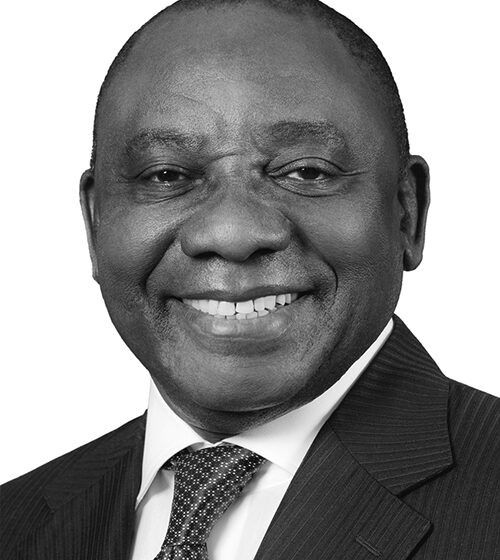How the US tariffs could affect you as a South African

What you need to submit your income tax return in South Africa this 2025 season — avoid delays and penalties.
The United States has announced new tariffs that could shake up global trade—and South Africa isn’t immune. From rising food prices to job uncertainty in key industries like mining, agriculture, and manufacturing, ordinary South Africans could soon feel the pressure.
President Cyril Ramaphosa has weighed in, calling for a fair, rules-based trade environment, but as tensions grow, many are asking: what does this mean for our economy and for you?
Jobs Could Be at Risk
If you or someone you know works in sectors like farming, wine production, mining, or manufacturing, the new tariffs from the United States could hit close to home. South Africa exports a lot of products—like citrus fruits, wine, metals, and auto parts—to the U.S. These tariffs mean our goods could become more expensive over there, making them less attractive to American buyers.
When exports drop, companies may cut down on production, reduce shifts, or even retrench workers. That’s more job uncertainty at a time when many are already struggling.
Expect Prices to Go Up
Even if you don’t work in an export industry, you’ll likely feel the pinch at the shops. If the rand weakens because of these trade tensions (which often happens when foreign investment slows down), imported goods could become more expensive. That includes fuel, food, technology, and even medicine.
A weaker rand makes it costlier for South Africa to buy goods from other countries. So if you’ve noticed price increases in everyday essentials, this could be one of the reasons.
We Might Lose Special Trade Benefits
South Africa currently enjoys trade perks through something called AGOA (African Growth and Opportunity Act)—a U.S. policy that allows us to export certain goods duty-free. But if tensions rise and South Africa is seen as unfriendly to U.S. trade policies, we could lose those benefits.
Without AGOA, our exports will face the same heavy tariffs as other countries, making it harder for local businesses to survive in global markets. That means less money coming into the country, which affects growth and development.
Foreign Investment Could Dry Up
When countries like the U.S. start imposing tariffs or questioning trade relations, it often makes foreign investors nervous. That could mean fewer new businesses setting up in South Africa, less infrastructure development, and fewer job opportunities.
If you’re a young person looking to start a career, or an entrepreneur hoping for investment, this could make things tougher in the short term.
READ ALSO
WORD-FOR-WORD: What Ramaphosa said about imposition of 30% trade tariff on South Africa by US
South Africa faces 30% US tariffs as trade deal stalls
Imported Goods Could Become Pricier
Do you buy American brands? Think electronics, clothes, fast food items, or even car parts. Those products could become more expensive if the U.S. tariffs cause price shifts globally—or if our own government responds with retaliatory tariffs. Businesses that rely on U.S. parts or supplies will have to raise their prices to stay afloat, and you’ll end up paying the difference.
So What Happens Next?
President Cyril Ramaphosa has already responded, calling for calm, fairness, and diplomacy. The government is likely to:
-
Engage in trade talks with the U.S.
-
Look for alternative markets in Asia, Europe, and Africa
-
Support local industries that are likely to be hit the hardest
-
Monitor inflation and possibly adjust interest rates or subsidies
In the meantime, it’s important for South Africans to stay informed, shop wisely, and support local businesses where possible.
Bottom Line
Even if international politics feels far away, the ripple effects reach our homes. From the price of bread and petrol to the stability of your job, U.S. tariffs could affect all of us in ways we don’t expect. While our government works on damage control, we as citizens must keep our eyes open and demand smart, people-first responses that protect South African livelihoods.

